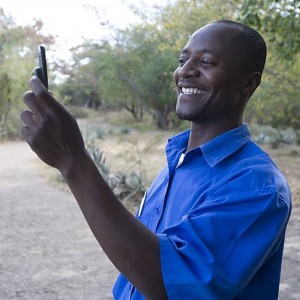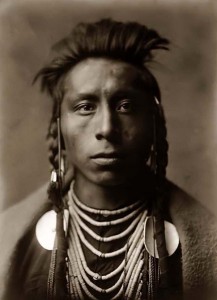Technology
Digital photography has emerged as a widely used tool among students for a variety of social and personal applications. The integration of photography in to the curriculum aims to build off of the prior knowledge of students to guide them through educative uses of familiar technology.
to build off of the prior knowledge of students to guide them through educative uses of familiar technology.
I plan to use photography in ways that offer the most accessibility for students. Photos taken on most smartphones, camera phones, and point and shoot cameras are easy to use and manipulate while retaining high enough resolution to share and present.
Resources
1. The Smithsonian presents two middle/high school level photography lessons that investigate ourselves and the concept of celebrity:
http://click.si.edu/ForTeachers.aspx
2. Edutopia offers a series of technology and arts integrated lesson. This one incorporates photography in to an 8th grade math class:
http://www.edutopia.org/pdfs/stw/edutopia-stw-bates-artsintegration-lessonplanphotostory-lesson.pdf
3. PBS presents a lesson that uses photography to explore history while developing photo-journalism skills through personal exploration.
http://www.pbs.org/wnet/americanmasters/lessons/w-eugene-smith-photo-journalism-and-compassion/lesson-overview/1294/
4. The Evergreen State College presents a lesson concept that connects the concept of the American Dream between literature and students’ lived experiences.
http://blogs.evergreen.edu/investigations/of-mice-and-my-community-documenting-the-american-dream/
5. The New York Times presents a lesson that uses photography to measure the impact of the recession on families and communities.
http://www.nytimes.com/learning/teachers/lessons/20090422wednesday.html
Activity Types
 Viewing images: seeing examples and non-examples of photography that effectively communicates a concept
Viewing images: seeing examples and non-examples of photography that effectively communicates a concept
Historical weaving: analyzing images for historical relevance and/or understanding of people and place.
Creating a narrative: using images to express a linear narrative
Considerations
- While camera technology in prevalent in many classrooms, not all students have equal access to equipment. Acquiring loaner cameras and establishing a check-out system may be necessary to ensure access for all students.
- If students are able to use the technology available to them, there will be no standardized camera training that will apply to each electronic device being used. Support in grouping students with like equipment may help provide needed technological support.


Pingback: Of Mice and My Community – Documenting the American Dream | Investigations in Our Town